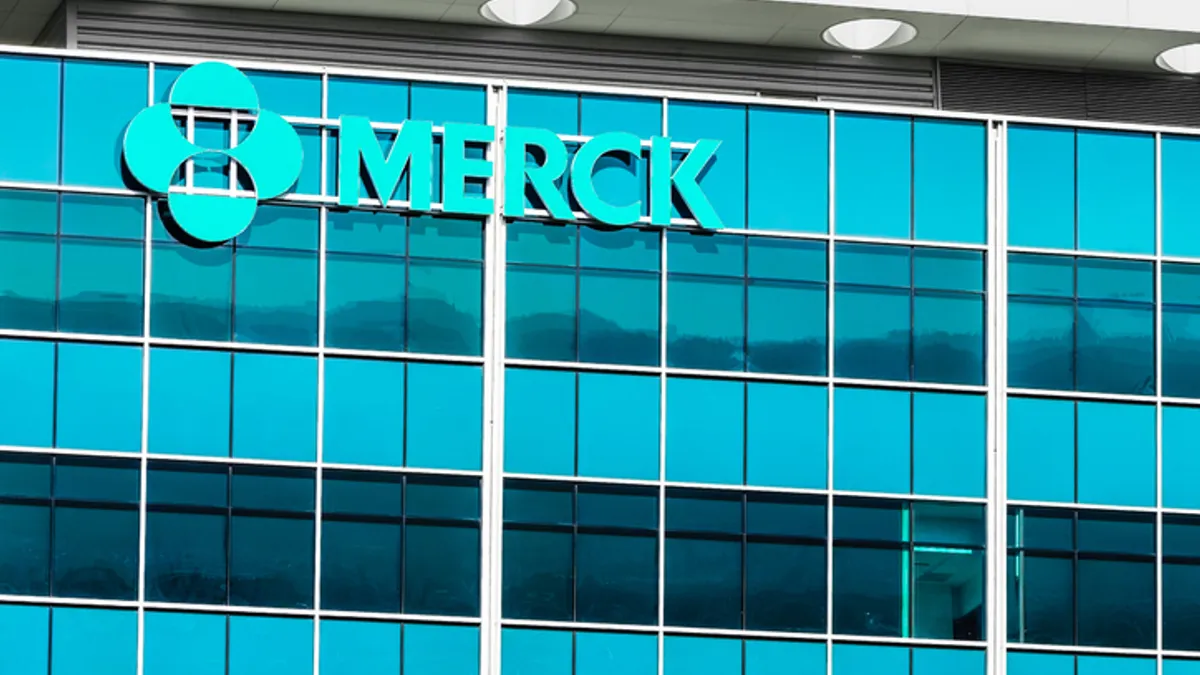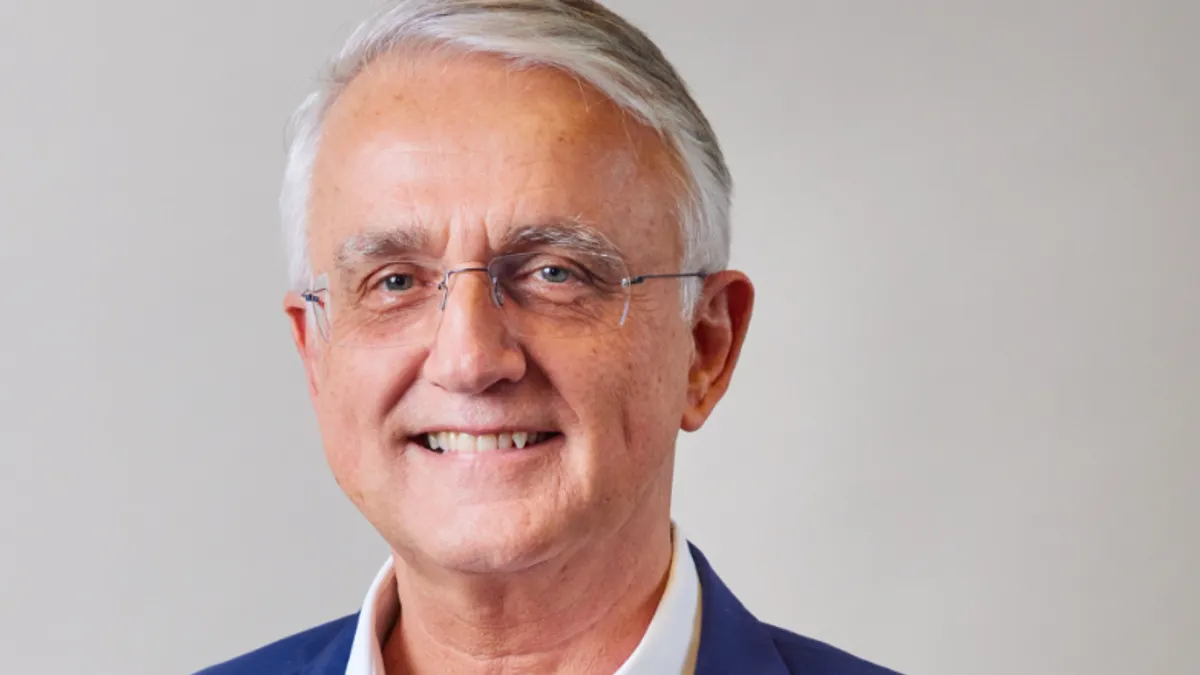 Innovation in the life-sciences industry is widely diverse. Products range from Google’s Lift Lab’s “super spoon" to help people with essential tremors and Parkinson’s disease to eat without spilling — in clinical trials, the Liftware spoons reduced shaking of the spoon bowl by an average of 76% — to 45 novel drugs approved by the CDER in 2015 — more than the average number approved annually in the past decade. In addition, there are dozens of products that are breaking the traditional barriers and being developed that combine a therapeutic and technology such as nanomedicines for cancer or Proteus Digital Health’s ingestible digital sensor that can track physical health with the assertion that patients are not taking their medication regularly and need a tracking device inside their body to assist them in their medical care.
Innovation in the life-sciences industry is widely diverse. Products range from Google’s Lift Lab’s “super spoon" to help people with essential tremors and Parkinson’s disease to eat without spilling — in clinical trials, the Liftware spoons reduced shaking of the spoon bowl by an average of 76% — to 45 novel drugs approved by the CDER in 2015 — more than the average number approved annually in the past decade. In addition, there are dozens of products that are breaking the traditional barriers and being developed that combine a therapeutic and technology such as nanomedicines for cancer or Proteus Digital Health’s ingestible digital sensor that can track physical health with the assertion that patients are not taking their medication regularly and need a tracking device inside their body to assist them in their medical care.
Among the novel drugs approved in 2015 were several recognized by The Galien Foundation for excellence in scientific innovation and humanitarian efforts at 2015 Prix Galien Awards. The Prix Galien was created in France in 1970 in honor of Galen, the father of medical science and modern pharmacology. Worldwide, the Prix Galien is regarded as the equivalent of the Nobel Prize in biopharmaceutical and medical technology research.
In recognition of the development and discovery of biotechnology products that improve the human condition, the selection committee awarded both Bristol-Myers Squibb’s Opdivo (nivolumab) and Merck’s Keytruda (pembrolizumab) the 2015 Prix Galien USA Award for best biotechnology product. Both Opdivo and Keytruda are PD-1 immune checkpoint inhibitors currently indicated for patients with unresectable or metastatic melanoma or metastatic non-small lung cancer, following first-line treatment failure and disease progression.
The 2015 Prix Galien USA Award for best pharmaceutical agent was awarded to Janssen Biotech and Pharmacyclics’ Imbruvica (ibrutinib), a first-in-class, oral, once-daily therapy for the treatment of patients with chronic lymphocytic leukemia and mantle cell lymphoma. In the category of best medical technology, the award was given to T2 Biosystems’ T2Candida Panel. The T2Candida Panel is a diagnostic panel for the detection and monitoring of Candida infection and sepsis. It is the first sepsis pathogen diagnostic panel that provides species-specific results in three to five hours without the need for a blood culture, which can take up to six days to provide a result.
 There are many exciting advances in the life-sciences industry, says Melinda Richter, head, Johnson & Johnson Innovation JLABS, but one area that is particularly meaningful to her given that she started in the tech industry is the interplay between technology and health.
There are many exciting advances in the life-sciences industry, says Melinda Richter, head, Johnson & Johnson Innovation JLABS, but one area that is particularly meaningful to her given that she started in the tech industry is the interplay between technology and health.
“Today, entrepreneurs are pushing boundaries and tapping into vast knowledge of product design, engineering, and technology and are coupling it with the latest biological advancements that are enabling potential treatments once thought to be science fiction," she says. “In our JLABS @ TMC site in Houston alone, for example, there are companies working on everything from reducing anxiety during cancer treatment through psychological interventions in virtual reality to developing tomography systems that listen to the sound of light absorbed in tissues to see inside the human body with the goal to detect and diagnose disease."
Of course, Ms. Richter says, ultimately the biggest arena of technology and health to drive true value in the system overall will be the new models and applications of big data.
“With this we can better prevent disease when possible and if not, detect and diagnose it early with the goal to intervene with the appropriate set of solutions and thereafter, provide and track care in a way that’s relevant for people in their day to day lives," she says.
“Without question, on a daily basis, I’m amazed by the innovation potential and impressed by the entrepreneurial spirit that dances within the fabric of our JLABS communities. We are bringing tomorrow’s solutions to life today."
Amir Kalali, M.D., head, Neuroscience Center of Excellence at Quintiles, as well as a founder and co-chair of the scientific program committee of the CNS Summit, is enthusiastic about artificial intelligence, synthetic biology, nanotechnology, big data and analytics, 3D printing, and robotic technologies that will impact the life sciences.
“And it’s not just innovations but societal and technological changes enabling more engaged patients with a higher expectation to be involved," he adds.
One of the leaders in the 3D printing is Organovo, which began operations in 2007 and in November 2014 commercially released the exVive3D human liver tissue. The company and its 3D printed tissues are widely recognized for their innovation as well as their future applications.
Keith Murphy, chairman and CEO of Organovo, says a convergence of innovations is the driving force behind pushing boundaries and creating breakthroughs that deliver value to the healthcare industry.
 “To continue to innovate in drug discovery and development, many technologies are coming together to build reproducible and predictive in vitro models of human biology and disease," he says. “For example, by combining engineering and biological advancements in 3D bioprinting with the growing omics fields — genomics, proteomics, metabolomics — we can interrogate biological patterns, pathways, and mechanisms and find new ways to intervene in human disease as well as better predict human response to drugs."
“To continue to innovate in drug discovery and development, many technologies are coming together to build reproducible and predictive in vitro models of human biology and disease," he says. “For example, by combining engineering and biological advancements in 3D bioprinting with the growing omics fields — genomics, proteomics, metabolomics — we can interrogate biological patterns, pathways, and mechanisms and find new ways to intervene in human disease as well as better predict human response to drugs."
Vas Narasimhan, global head drug development and chief medical officer at Novartis, agrees the growing role of emerging technologies is changing the face of healthcare.
“Particularly in drug development, digital technologies allow us to expedite data collection and analysis, better engage with patients, and also better track and quantify patient outcomes, allowing us to more effectively demonstrate the holistic effects of treatment on quality of life," Mr. Narasimhan says. “We are also seeing entirely new therapeutic approaches emerge, such as cell therapy, gene editing, and modulating the microbiome. At Novartis, we are in the process of unifying drug development across our core businesses, and I see emerging technology playing a huge role in that integrated model moving forward."
Outcomes continue to remain a key focus for all stakeholders, it’s no wonder that one of the areas of innovation is to identify shortfalls in practice and to develop strategies to improve care.
 For example, David Meek, executive VP and president of oncology at Baxalta, says within the oncology space, recent advancements in immuno-oncology are transforming the way treatments and personalized medicine are provided to patients with cancer, indicating significantly improved outcomes for a variety of cancers, both as single agents and as combination therapies.
For example, David Meek, executive VP and president of oncology at Baxalta, says within the oncology space, recent advancements in immuno-oncology are transforming the way treatments and personalized medicine are provided to patients with cancer, indicating significantly improved outcomes for a variety of cancers, both as single agents and as combination therapies.
“The industry is seeing an unprecedented level of innovative collaborations forged between leading biotech and pharmaceutical organizations to accelerate discovery and development of these novel cancer immunotherapy drugs," he says. “For instance, we recently partnered with Symphogen to actively advance the development and worldwide commercialization of novel immune checkpoint therapies within Baxalta’s diverse pipeline." (PV)















